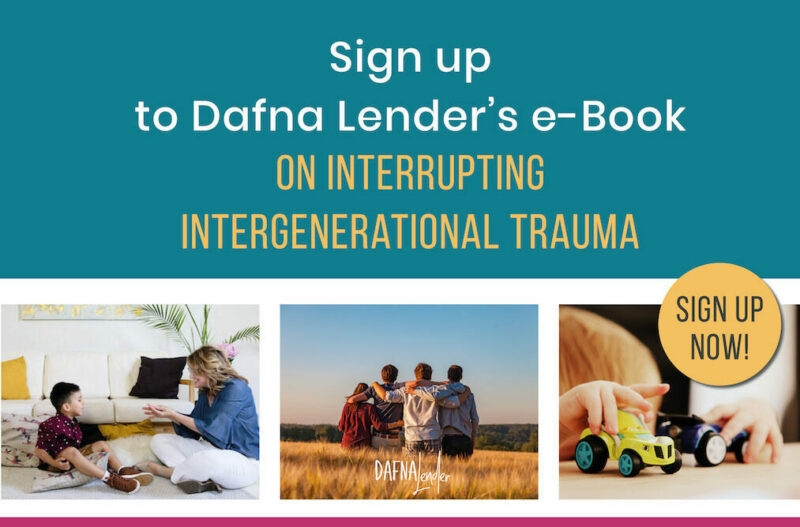Download this complimentary E-book to help parents become less reactive to their children’s behavioral challenges, allowing them to be more present with their children. Use this guide to introduce this concept and exercise to your clients and help them restore regulation and a sense of calm in stressful moments. This loose script can be adapted to meet your and your client’s needs.
A special edition for parents also available in this collection.
Download Now →
Download this complimentary E-book to examine a case study of one family’s experience with attachment centered family therapy and learn why incorporating parents into the therapeutic process is an integral part of disrupting the cycle of intergenerational trauma.
Learn More →
I’m getting ready to teach a 4-part workshop series on parenting from a polyvagal perspective and it’s making me think long and hard about my everyday experiences and how Polyvagal Theory (PVT) helps explain my reactions to daily events.
One of the most important decisions a therapist makes is how broadly to define the problem that clients bring into treatment. In an individualistic culture such as ours, it’s common to focus narrowly on whoever is exhibiting problem behavior, without understanding the wider family context shaping the issues of immediate concern. Often the key to working effectively with a family is expanding the therapeutic perspective to include the history of intergenerational trauma underlying the present-day issues, even if that’s not the family’s view of the origins of the presenting problem.
How do parent/child relationships affect a person even into their adult years? Dafna takes a look at a case study of a patient with avoidant attachment and examines how therapists can encourage the formation of secure relationships.
Sign up with your email to receive news and updates.